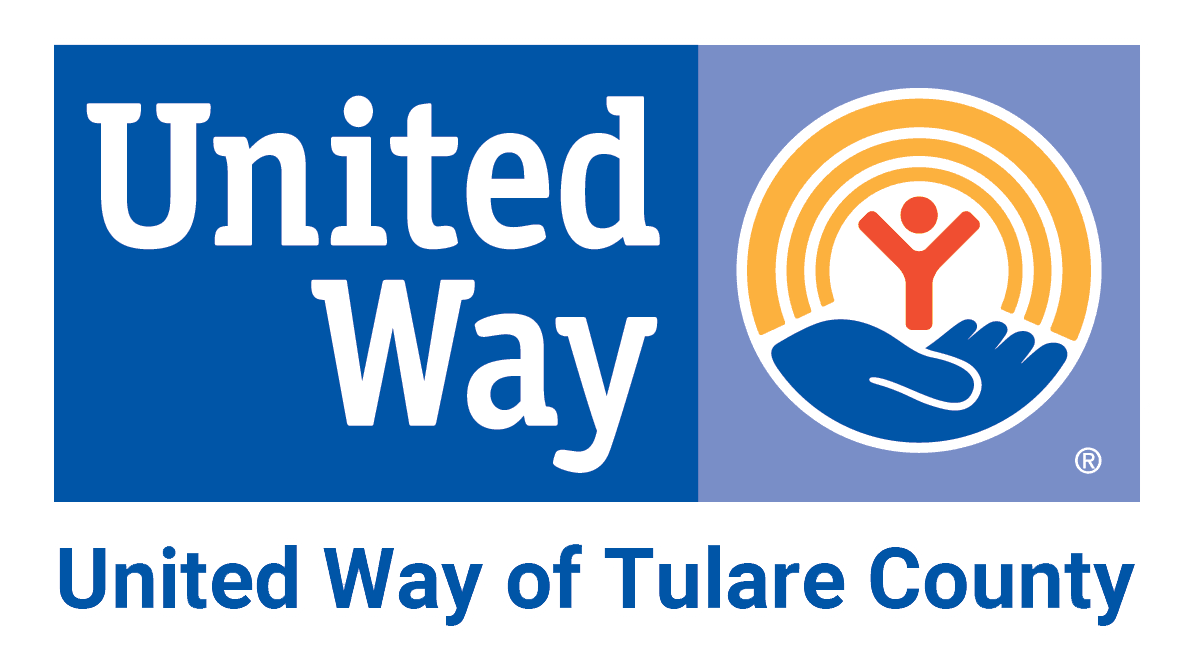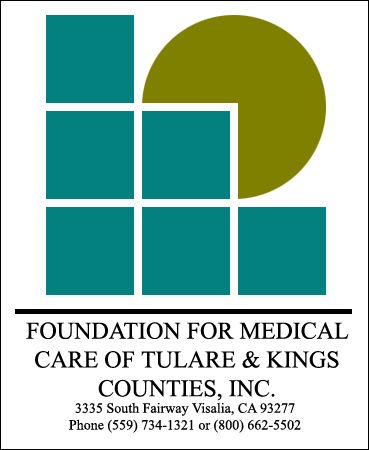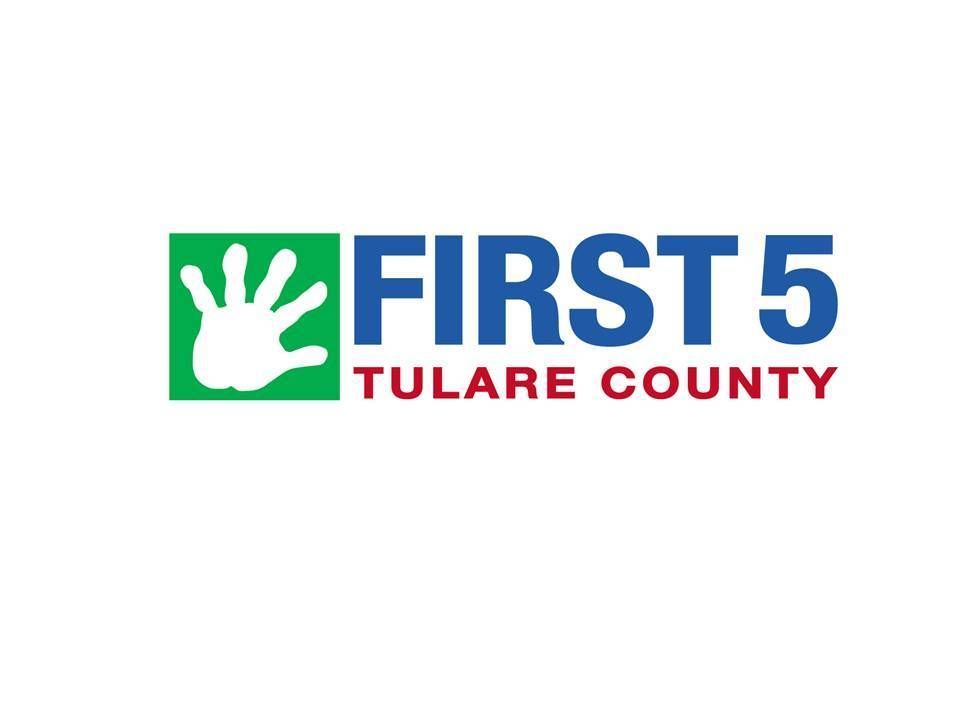
A 17-year old shares how counseling helped him come to terms with abuse, mental health, and his gender identity.
The old me was indifferent to everything that was going on around me. I did not want to open up to people. At one point in my life, I didn’t care if I was alive or dead. My therapist at the time wasn’t supportive and told me that it was something I would outgrow. They weren’t accepting. How could they help me come to terms with my identity if they didn’t understand what I was experiencing?
Child Welfare Services got involved after they learned I was physically and sexually abused at home. Soon after, I was referred to a therapist at Family Services’ Freedom House.
My therapist, Shawna, educated herself on gender dysphoria so she could understand what I was going through. In counseling, I became more open to talking about my feelings and everything in the past. For the first time, I put down my defenses.
With my therapist’s help, I addressed the root cause of my depression, personality disorder, suicidal thoughts, and gender dysphoria. Now, I can catch myself when I am going down a dark path. I learned not to bottle my feelings up until they explode. I also learned not to respond with aggression or put the blame on other people.
Grieving the past was an important part of my healing. This included the trauma I experienced. I learned that it was okay to feel hurt and not want my parents to look like bad people despite the harm they caused me. They have their truth, and I have mine.
I was able to say goodbye to my past self. I don’t regret that chapter of my life because I learned so much from that person.
I share my story to remove the stigma associated with being queer, trans, and mentally ill. If you put a band-aid over a wound, it won’t heal because it will get infected. My hope for the future is to look at myself in the mirror and not think that I was born in the wrong body and know it’s not my fault. If you are struggling with anything that prevents you from being your real, authentic self—reach out for help.
What is gender dysphoria?
For some transgender people, the incongruence between one’s sex assigned at birth and one’s gender identity can lead to significant emotional distress that seriously affects their health and everyday life. Gender dysphoria is the medical diagnosis for someone who experiences this distress. It can be experienced in many different ways depending on the individual, such as depression, anxiety, restlessness, or unhappiness. Not all transgender people experience gender dysphoria. According to Shawna Curry, AMFT, a Family Services therapist, a predominant feature of gender dysphoria is an extreme dislike for your body or a feeling like something is missing from your body.
Keeping Youth Safe from Trafficking
At Family Services' Freedom House, not only do we work with survivors of human trafficking, but we also work with youth like Niko who are at risk of being targeted for trafficking. Youth who have experienced trauma like physical or sexual abuse are more vulnerable to traffickers. Freedom House's youth drop-in center is a safe space where youth can go to get support, participate in activities, receive free counseling, or simply spend time doing homework or socializing in a safe space. In Niko's case, counseling helped a teenager address the trauma he experienced and his mental health challenges.



